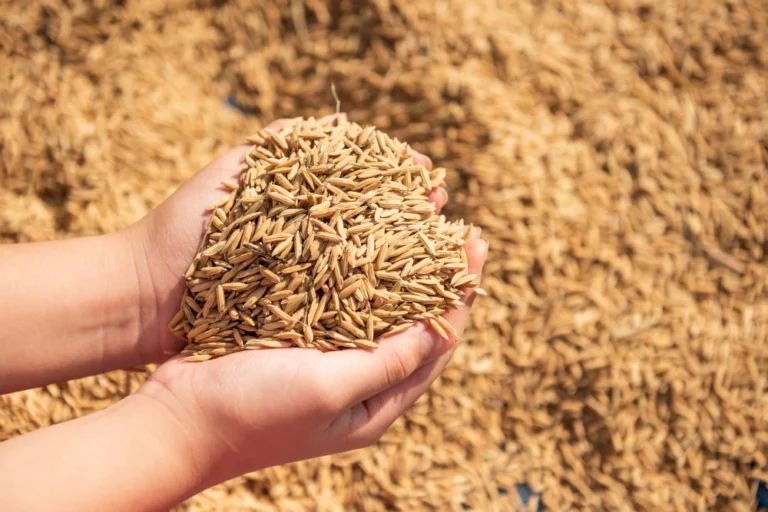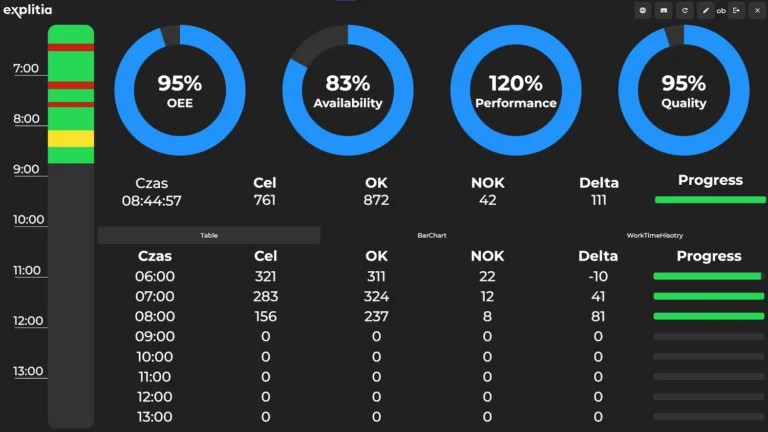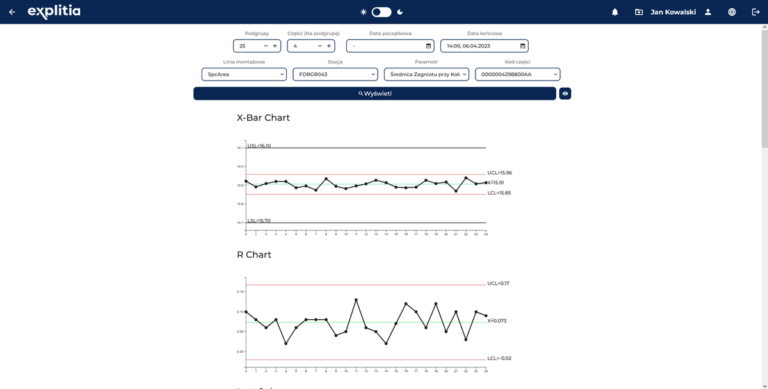The demanding market for products such as flour, groats, flakes, bran, pasta, and ready-to-eat goods like bakery mixes or grain-based breakfast products presents manufacturers with a range of challenges related to maintaining high quality, raw material traceability, and efficiently managing complex production and packaging processes.
The grain and milling industry is characterized by:
- large-scale production,
- variability in raw material parameters,
- the need to adapt products to market expectations.
Given this specificity, the sector requires flexible technological solutions.
Production Portal – the path to digital transformation in the grain and milling industry
To address these challenges, we have created the Production Portal – an advanced digital tool that supports the digital transformation of the grain and milling industry. The system optimizes production processes, including production management, quality monitoring, and tracking of raw material and finished product batches, all while minimizing costs and reducing downtime.
All system modules are built on web technology, meaning they can be accessed from any internet-connected device – whether it’s a desktop in the office, a tablet on the production floor, or a smartphone during a client meeting.
Additionally, the system meets the highest cybersecurity standards and can be deployed both on local infrastructure and in the cloud.
Challenges in the grain and milling industry – explitia’s solutions
1. Efficiency in milling and packaging processes
Solution: Efficiency and OEE Module
What does it offer?
- Real-time quantitative measurements for each stream of flour and bran in the mill, along with production counters for packaging and ventilation machines.
- Analysis of OEE indicators (availability, performance, quality).
- Monitoring and identification of downtime, failures, and their causes.
- Continuous Pareto chart insights and key summary values hour by hour.
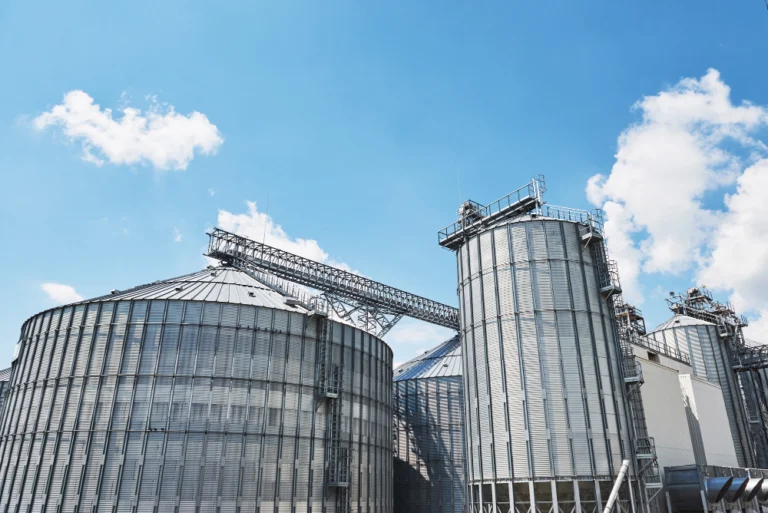
2. Traceability – full product identification
Solution: Traceability Module
What does it enable?
- Tracking every stage of product manufacturing (from raw materials to the final product).
- Full history of raw material deliveries (supplier data, quantity, grain type, batch number, quality parameters, silo identification).
- Identification of production processes at different stages, including cleaning and preparing raw materials, milling (mill identification, process parameters such as milling efficiency, quality of individual flour streams, including ash content and moisture).
- Flour blending: When combining different batches, the system records information about the input batches (origins of the flour components and mixing proportions).
- Identification of the packaging line and batch number assignment for flour bags/packs.
3. Real-Time Quality Management
Solution: SPC (Statistical Process Control) Module
Why use it?
- The Statistical Process Control (SPC) system is an effective method for monitoring and controlling production quality, using real-time data analysis. SPC enables early detection of irregularities and ensures high product quality through process optimization.
- The system monitors the degree of grain cleaning at each machine.
- Key production parameters such as moisture content, protein levels, and ash content are tracked, with alerts generated if the process deviates from set standards.
- Air pressure monitoring before and after the cyclone filter, airflow measurement, and recording of dust concentration in exhausted air.
- Instant notifications sent via email or SMS.
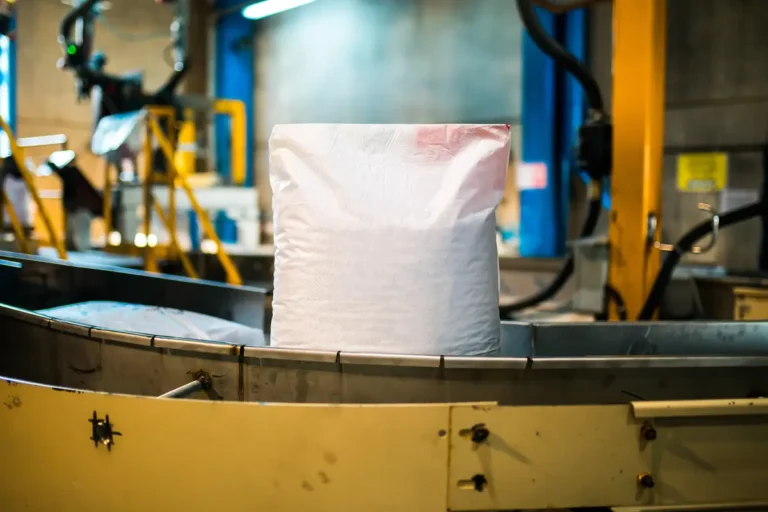
4. Flexibility in Production Planning and Execution
Solution: Production Planning Module
Key benefits:
- Efficient allocation of production orders to milling lines and packaging machines, considering:
- changeovers,
- assortment changes,
- optimal production continuity.
- Enhanced production schedules based on real-time data from milling lines, including flour quality and silo availability.
- Continuous monitoring of production plan execution, allowing for quick adjustments to changes, such as shifts in order priorities, raw material quality variations, or machine failures.
Why implement the Production Portal?
✔ Ready to handle dynamic processes – ideal for environments with frequent product variability and changeovers.
✔ Scalability – deployable on packaging machines and across other production processes. The system can start with a single production machine and module and gradually expand.
✔ Quick results – modules are designed for rapid deployment, with measurable benefits within the first few weeks.
✔ Customizable – the system can be adapted to the specific processes and requirements of your company.
Implementation examples & our expertise
The Production Portal has been successfully implemented in the food industry, including grain and milling product manufacturing plants producing flours, groats, flakes, and bran. Our experience in digitizing food production enables us to understand the unique needs of this sector and provide tailor-made solutions.
Let your production facility reach the next level – embracing Industry 4.0.
